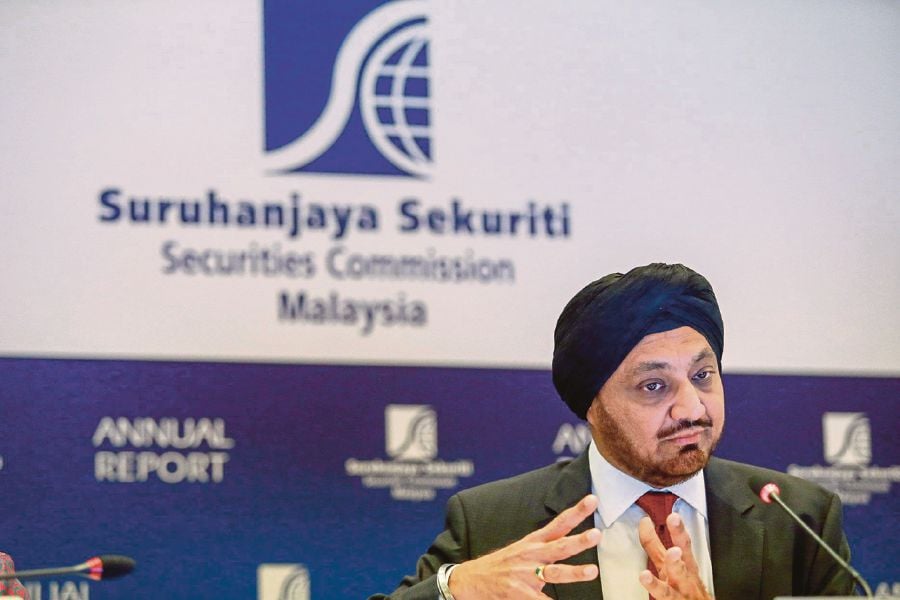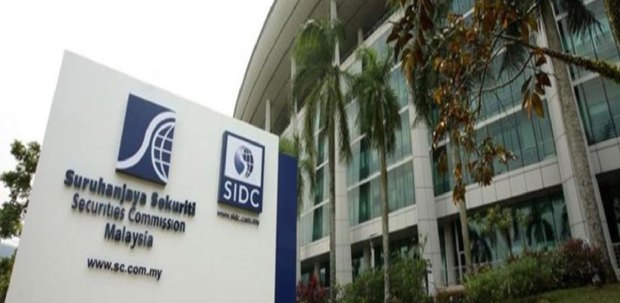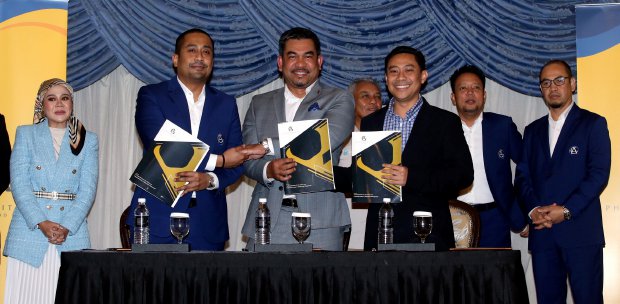THE Securities Commission Malaysia, the country’s capital market regulator, celebrates its 25th Anniversary this month.
At the 2018 World Capital Markets Symposium, hosted by SC last month, Prime Minister Datuk Seri Najib Abdul Razak rightly alluded to “the global reputation and thought leadership of the Securities Commission” and commended Malaysia’s regulators for their efforts “to enhance transparency, and for advocating meaningful disclosures that truly benefit the overall environment and create a positive impact on the wider community”.
It is indeed a far cry from those pioneering days in 1993 when the commission was established as a self-funding statutory body with investigative and enforcement powers under the Securities Commission Act 1993, entrusted with the responsibility of regulating and systematically developing Malaysia’s capital market.
To think that prior to the SC, the capital market was regulated by no less than six government agencies.
In a mere 25 years, SC has developed into one of the foremost securities regulators in the world pioneering work, ranging from developing regulatory frameworks for capital markets in general and Islamic capital market (ICM) in particular, arguably the benchmark framework for the global Islamic finance industry.
And, of course, not forgetting its financial and social inclusion mandate, the latest initiative in April when its Bond & Sukuk Information Exchange (BIX Malaysia.com) goes live, which gives the Malaysian layman a better understanding and direct retail access to investing in the capital market.
Not surprisingly, the International Organisation of Securities Commissions (IOSCO), of which SC has been a member since the early 1990s, saw fit to establish its first regional hub outside of its Madrid headquarters in Kuala Lumpur, which is indeed a well-deserved vote of confidence. This follows on from the appointment in 2002 of SC by IOSCO to lead a task force on ICM and as vice-chair of the organisation in 2015.
Under the leadership of its five chairmen since establishment, starting with Datuk Dr Munir Majid in 1993, followed by Datuk Ali Abdul Kadir in 1999, Tan Sri Md Nor Yusof in 2004, Tan Sri Zarinah Anwar in 2006 and the incumbent Tan Sri Ranjit Ajit Singh since 2012 respectively, SC over the last two-and-a-half decades has inculcated a culture of world-class capital market regulation.
Just a year or so after its establishment, SC effected its first prosecution of short-selling of Union Paper shares. Exactly 25 years later, SC last week charged two former senior investment bankers and another individual at the Kuala Lumpur Sessions Court with insider trading of Hirotako shares, and publicly reprimanded two auditors for failing to comply with the International Standards on Auditing when auditing financial statements of a public interest entity.
This enforcement culture has been regularly refined in an era of a constantly changing global financial and capital market architecture, which now includes social finance and fintech solutions, e-commerce and e-brokerage. All this requires a surveillance and enforcement strategy fit for purpose for the 21st century.
Successive SC chairmen can rightly claim credit for the steady growth of the Malaysian capital market, especially the ICM and the proliferation and innovation in sukuk.
The Malaysian sukuk market, for instance, leads the world in terms of public policy, regulatory framework, infrastructure, diversity of structures, asset classes and secondary trading.
The country’s capital market is an important contributor to GDP. The size of the ICM at the end of December last year, according to the latest SC data, totalled RM1.9 trillion, which is 59.4 per cent of the total capital market of RM3.12 trillion.
Total government and corporate bond and sukuk outstanding amounted to RM1,292 billion, of which sukuk alone accounted for RM760 billion or 58.8 per cent of the total market. Government and corporate sukuk issued last year accounted for 60 per cent of total bond and sukuk issuances. Corporate sukuk issuances accounted for 74 per cent of total corporate bond and sukuk market.
This means that under SC’s leadership, the sukuk market has overtaken conventional bonds as the primary fund-raising instrument for government, corporations and banks over the last few years.
Not surprisingly, Najib is keen for SC to leverage its pre-eminent position as a developer and gatekeeper of the Malaysian capital market to further enhance investor participation.
Mushtak Parker is an independent London-based economist and writer. He can be reached via [email protected]






